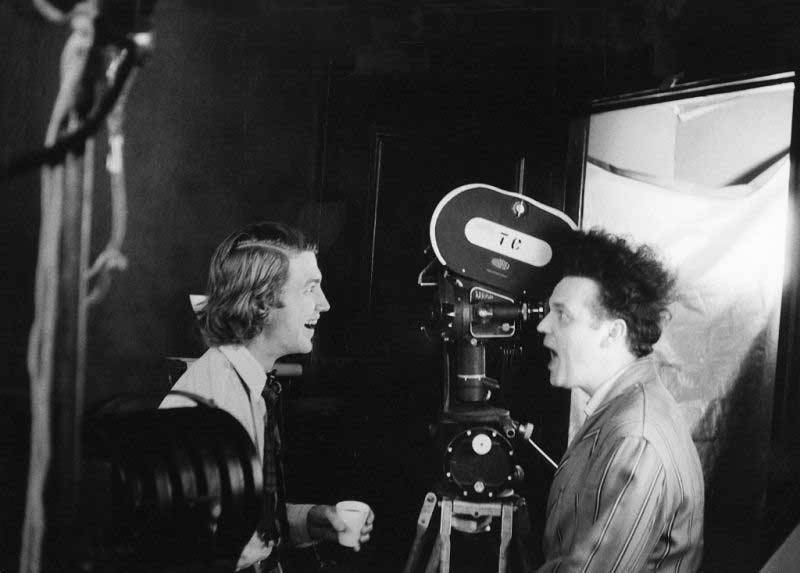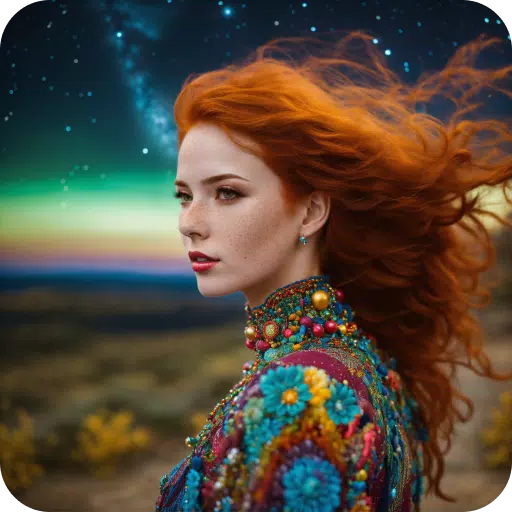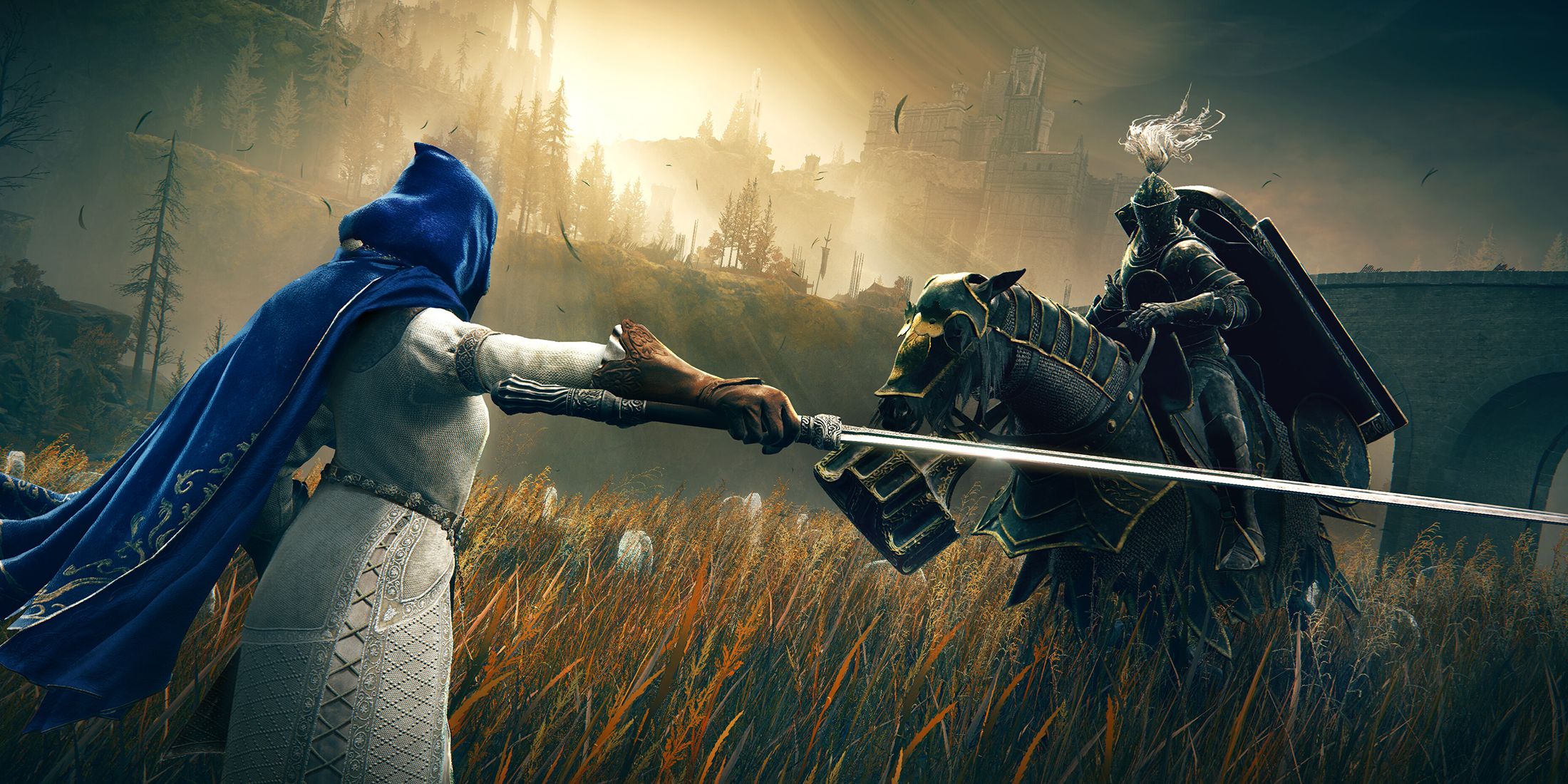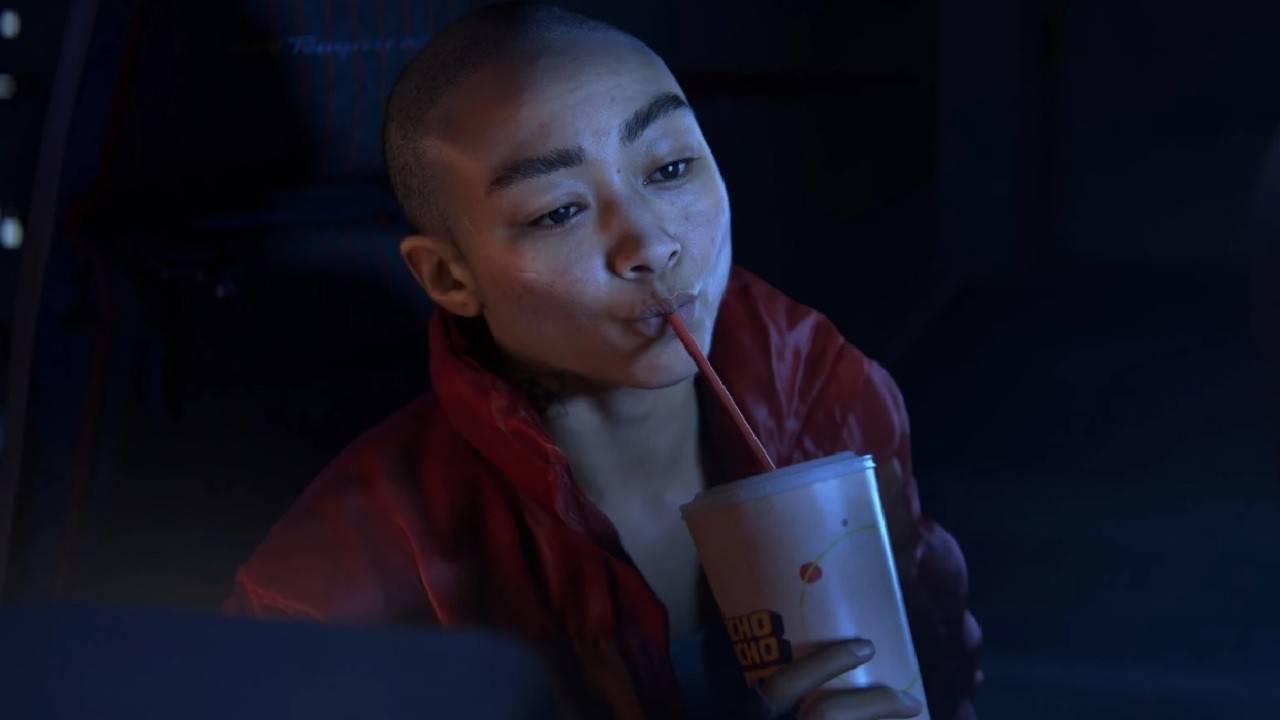They Don’t Make ‘Em Like David Lynch Anymore
In the pilot episode of Twin Peaks, David Lynch masterfully captures the mundane rhythms of everyday life in a high school setting. A girl sneaks a cigarette, a boy is summoned to the principal's office, and a teacher takes attendance. The scene shifts abruptly when a police officer enters the classroom and whispers to the teacher. A scream pierces the air, and through the window, a student is seen sprinting across the courtyard. The teacher struggles to hold back tears, signaling an impending announcement. Lynch's camera then focuses on an empty seat, as two students exchange a knowing glance, realizing that their friend Laura Palmer is dead.
Lynch's work is renowned for its meticulous attention to surface-level details, yet he consistently delves deeper, revealing unsettling truths beneath the veneer of normalcy. This scene from Twin Peaks encapsulates the thematic essence of his career, highlighting the contrast between the ordinary and the sinister. However, it's not the only defining moment in Lynch's oeuvre. With over 40 years of creating films, TV shows, and art, his fans often cite different scenes as their favorites, reflecting the diverse appeal of his work.
The term "Lynchian" has become synonymous with an unsettling, dream-like quality that defies easy categorization. This unique adjective, like "Kafkaesque," transcends the specifics of his work to describe a broader, disorienting experience. The passing of such a singular artist is difficult for fans to accept, as Lynch's appeal varies widely among his audience.
For many budding film enthusiasts, watching Eraserhead was a rite of passage. Decades later, the same ritual was passed down to the next generation, as Lynch's teenage son and his girlfriend independently began binge-watching Twin Peaks, reaching the Windom Earle era of Season 2.
Lynch's work has a timeless quality, often blending the odd with the nostalgic. In Twin Peaks: The Return (2017), he designed a bedroom for a young character that harked back to 1956, complete with cowboy decor, reflecting his own childhood. Yet, this seemingly innocent setting is juxtaposed with a nightmarish reality involving clones and violence, a hallmark of Lynch's surreal storytelling.
Despite the Hollywood trend of reviving nostalgic content, Lynch's approach to Twin Peaks: The Return was anything but conventional. He deliberately avoided bringing back key characters from the original series in a meaningful way, staying true to his un-Lynchian ethos. When Lynch did adhere to Hollywood norms, as with Dune, the result was a notorious misfire, yet unmistakably his own. His experience with Dune is detailed in Max Evry's book, A Masterpiece in Disarray, which explores the film's unique blend of Lynch's signature imagery amidst the epic tale of Paul Atreides and the Fremen.
Lynch's films often contain a beauty within their weirdness, as seen in The Elephant Man. This film, his closest brush with mainstream acclaim, is both touching and unsettling, set against the backdrop of a time when sideshow "freaks" were mistreated. It's a poignant example of the "Lynchian" theme of finding humanity in the most disquieting places.
Attempting to categorize Lynch's work into genres or tropes is futile, yet his films are instantly recognizable. His storytelling delves into a world beneath our own, often pulling back the curtain to reveal hidden truths. Blue Velvet exemplifies this, blending a seemingly idyllic setting with a dark underbelly of crime and surrealism. The film's influences, including a nod to The Wizard of Oz, are part of a unique cinematic language that Lynch has crafted.
Lynch's influence extends to a new generation of filmmakers. In 2024's I Saw The TV Glow, directed by Jane Schoenbrun, a scene at a bar with its floating camera and theatrical elements evokes a distinctly "Lynchian" atmosphere, inspired by Twin Peaks. Filmmakers like Yorgos Lanthimos, Robert Eggers, Ari Aster, David Robert Mitchell, Emerald Fennell, Richard Kelly, Rose Glass, Quentin Tarantino, and Denis Villeneuve have all drawn from Lynch's well of surrealism and otherworldliness.
David Lynch may not be everyone's favorite filmmaker, but his impact on cinema is undeniable. As an artist who bridged the gap between past and present, his work continues to inspire and challenge filmmakers to look beneath the surface for those "Lynchian" truths lurking just out of sight.

- 1 STARSEED Update: Codes for January 2025 Released Feb 25,2025
- 2 Pokémon TCG Pocket: Wonder Pick Date, Time, and Promo Cards – February 2025 Mar 03,2025
- 3 How to Get All Ability Outfits in Infinity Nikki Feb 28,2025
- 4 Project Zomboid: All Admin Commands Jan 05,2025
- 5 Black Myth: Wukong Tops Steam Charts Days Before its Launch Jan 07,2025
- 6 Silent Hill f: first big trailer and details Mar 22,2025
- 7 Call of Duty Announces Black Ops 6 Updates Feb 08,2025
- 8 Ukrainian Internet Stalled as 'S.T.A.L.K.E.R. 2' Release Overwhelms Dec 30,2024
-
Budgeting & Investing: Your Guide to Financial Apps
A total of 9
-
Addictive Hypercasual Games for Quick Play
A total of 10
-
Best Role Playing Games for Android
A total of 10






























